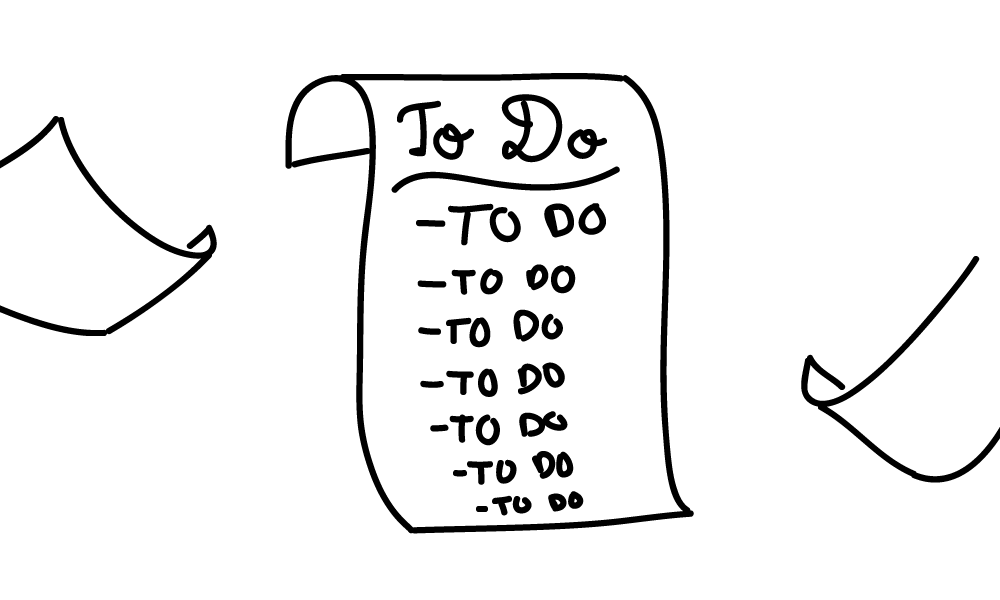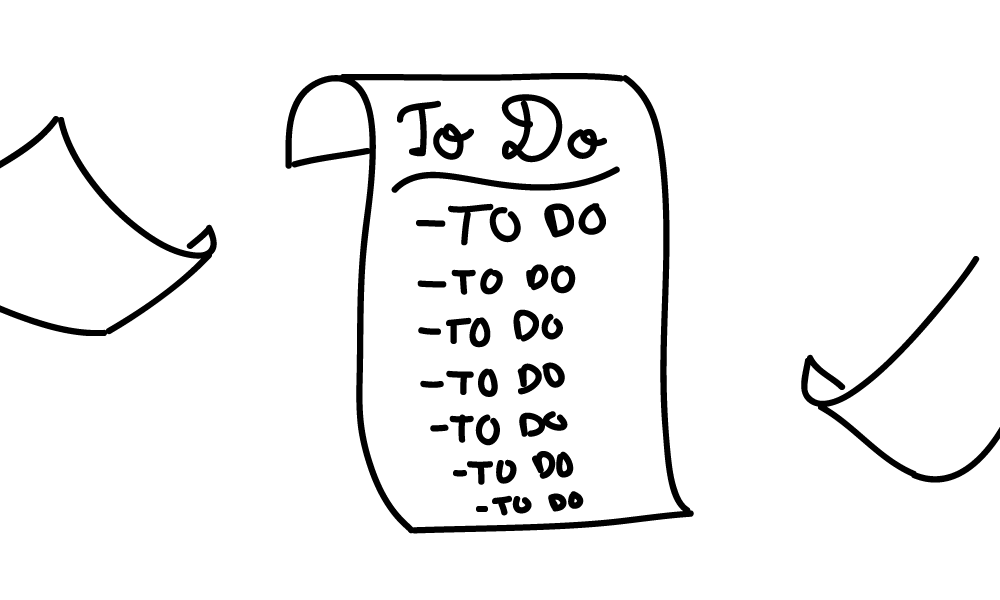Basically
This week, O.J. gets good news. McCain gets bad news. The US health-care bill gets delayed. A Google doodle honors Marshall McLuhan. A Google feature nods to the newsfeed. (They’re browse now, too.) Alphabet releases 20M mosquitoes on Fresno. Justin Bieber’s banned from China—just as the Chinese launch “husband storage” for shopping wives. Plus Kraft Dinner is accused (in the dining room with the phthalates).
Verbatim
This is Megan Garber for The Atlantic on the opportunity that Martha saw and how your wedding literally sucks without a high production film crew. But equally, how you should feel terribly out of touch if you’ve been seduced to think as much.
So Martha Stewart understood 30 years ago what every Kleinfeld consultant and every Kleinfeld-approved bride today takes for granted: that, in the great performance of the modern wedding—the reading of the poems and the saying of the vows and the dancing of the dances—families and friends and those people who have the misfortune to be neither bride nor groom are supporting players at best. There is no “team” in “wedding,” after all, but there is very definitely an “i.” What Stewart grasped, long before others would, was a broader transformation afoot in American culture: a shift toward a kind of restless individualism.

ThingsSmall town NIMBYs, Sufism, sanctuary, and the Cheesecake Factory – a sweet recipe for a heck of a read from Amos Barshad at Fader.
Here’s the thing about glioblastoma, the cancer that’s in the news via John McCain this week and has been far too close to the hearts of some of us here this year – regardless of how functional your healthcare system or how much access to fancy treatment power might grant you, there’s no way to beating it that we currently have. Big media moments like this expose how terrible discourse around cancer can be, even the well-meaning words of support, and how little frank information is out there. So it’s refreshing to read Xeni Jardin point out (on CNN, so ignore the know-nothing pundits in the autoplay videos), cancer is not a war or a battle, it is simply a brutal fact of the body turning against itself. Succumbing is not strategic defeat nor lack of character. If we accept the metaphor, then the battleground is you: “Am I the invading army or the battleground? Am I the soldier or a hostage the soldier's trying to liberate?”
Look, it’s Rebecca Solnit on reading and wandering and getting lost – we don’t need to say any more, right?
Dov Charney is rebuilding American Apparel from the ashes, and he seems to have found his life’s purpose – to prove that toxic douchebros need never change, so long as they show not a hint of shame. Good thing he’s Canadian, or he’d likely end up president.
The novelty of fidget spinners may have distracted from the essence of the last Bogost piece we shared so, this time, let’s consider the toaster. Bogost’s obsession with the “universe of the object” may sound regressive to an industry full of experience designers and knowledge facilitators, but there is a deep humility at its core. He doesn’t presume any special knowledge of ontological essence. He merely asks that designers acknowledge the impossibility of empathizing with, say, the unknowable soul of a toaster. Designers should embrace such alien forces rather than be satisfied with the mundane mysticism of customer delight and inventor genius.
One of the least-critiqued aspects of Facebook’s place in our lives is the shadow world of private groups. As a retreat from the engagement-driven racist-cousin firehose of the site as it’s seen from the outside, they can be about the only good thing on there. Perhaps the lack of good thinking on them is because they are, by nature, the most difficult to understand part from a marketing and monetization sense. It’s also impossible to get any understanding of this world other than your own – your view of group culture is necessarily a mirror. In the Times, Kevin Roose tries at least a little to peak behind the curtain, noticing unsurprisingly how groups replicate the way we behave elsewhere in society – we close off to whisper the private, unacceptable things, we are our truer selves in safe spaces, politics and tunnel vision emerge and constantly reinforce themselves. Racist cousin, of course, likely has their own group you’re not seeing. Are there good ethnographic studies out there on this? We’d like to be reading them (and sharing them with cousin).
Silicon Valley VC Ben Horowitz does it for the “culture” and comes by it honestly. Like Ben, Elon is facing increased scrutiny as he dares to take on industries with deep histories and genuine communities of expertise that can call him out on his false assumptions and misrepresentation of fact. For example, there is no such thing as “verbal government approval.”
We think more than enough here about the effect Airbnb and other short term rental services are having on our cities, but as this fascinating piece in Outside shows, via the old Colorado coal-mining idyll of Crested Butte, the long-term effects of the services are just as transformative in the old low-key weird mountain tourist towns, the anti-Aspens that are meant to be an escape from class and privilege, but still hollow themselves out leaving no room for the functional living infrastructure of a community. Here, the challenge at hand is “whether the people who loved it could afford to be there, whether love was in fact enough to save it.“
We lost George Romero this week. So while you binge all the zombie films in memory, do make sure to take time to appreciate the criminally neglected Land of the Dead. As Rick Paulas appreciates in The Awl, its should-be-on-the-nose allegory of class war and individualism vs collective action actually kinda makes it the best zombie film for right now. We’ll see you in Fiddler’s Green. (We were going to stretch to say something about what zombie hordes would look like in a world where malls are replaced by Prime Day, but let’s not and say we did).





